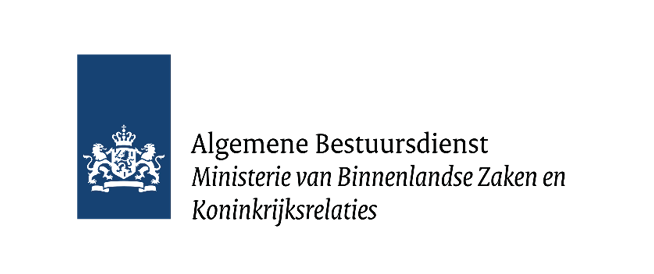Knowledge centre

Revelation in the function classification system
When we look at an organisation systemically, we, amongst other things, look at the functions that have developed over time. In organisational jargon we refer to this set of functions as the function classification system. And this function classification system has something to tell us…
There is of course a logical thought behind the function classification system as it is described for the organisation. Careful consideration has been given to the distribution of tasks, mandates and the competencies required for each position in order to carry out the required work. This enables the organisation to recruit the right people and orchestrate collaboration. In addition to this, something less tangible often occurs. The description of a position subconsciously and invisibly describes the systemic function. This is much more about what this position must subconsciously do or not do for the whole of the organisation.
Here is an example to make it practical. After a period of self-management within the organisation, a layer of middle management is added. Their task is to take on the operational decision-making that proved impossible within the teams during the self-management phase. On paper, this reorganisation looks smart, lessons have been learned from the past, yet in practice it leads to strange behaviour.
Capable people are unable to flourish, tension is building between the employees and team leaders, and management is irritated by the passive attitude of the team leaders. Collaboration is not happening; it even becomes counterproductive. People start pointing fingers when tasks are not completed despite instructions being clearly provided. Why are things not working?
It is possible that, in addition to the described position of team leader, there is also a subconscious function that is not seen or acknowledged. In this example the function of concealing failure of management during the previous period of self-management accompanies the position. This painful failure has been felt within the teams, and they have carried its burden. Remarkably, the teams themselves have wanted to manage it by raising the issues with management, to no avail. And then there is that solution… The creation of an intermediate layer to support the teams. Yet still they are not satisfied…
A systemic function transcends everything ever conceived and written down. It wields power from behind the scenes, as it were. In situations like this, the behaviour of those on the stage often reverts to accusing as well as defending themselves. After all, your personal intentions are so very different from what you are being accused of! This behaviour can also descend into passivity. Just imagine that, coming from the layer above you, you have to remain silent and from the layer that you lead you are constantly challenged to speak…
A helpful move in this scenario is to ask the systemic function to take the stage and the spotlight. What do you have to reveal to the whole from your position? What happens through you in terms of where your attention goes, what you work hard for and perhaps also what you have strong opinions about? What information is contained therein? What do you make possible and impossible in the organisation as a whole, simply by existing? The systemic function will only come to the fore when you are able to look beyond your judgements and examine what is happening in your place within the organisation. You have to lovingly put aside all your previous analyses of what and, above all, who is to blame. And in this state, you can explore what else is subconsciously contributing to the hassle. It also requires the courage to say: “This is what goes through my mind, time after time.” It takes courage because, subconsciously, everything will be done to conceal this information, more often than not on a subconscious level, as it is the subconscious survival mechanism of the greater system.
As for you as leader, what does this ask of you? Not every team will be capable to carry out this investigation by themselves. And whether or not they carry it out… are you able to listen? Can you listen past the complaint or past the passivity, to hear what precisely it is that this team is working so very hard for? What demands attention? What is being protected, or what is painfully being brought to the fore? And more so than listening, can you receive it? Can you really comprehend that this holds valuable information? Are you able to embrace this information on a larger scale than your own efforts, intentions, norms and values?
This movement, no matter from what place it started, invites the systemic function to fully take their place in the spotlight. When this happens, you are able to listen, together, to what it has to say for the whole. But be careful, it might just end up being a double feature show…
Systemic Business School
Systemic Business School gives leaders completely new tools for their leadership style. When you work from the connectedness of the whole, you will find it easier and more enjoyable to achieve your goals, together with your team and organization. Systemic leadership helps you to continue your journey as a leader with inspiration and energy.



















